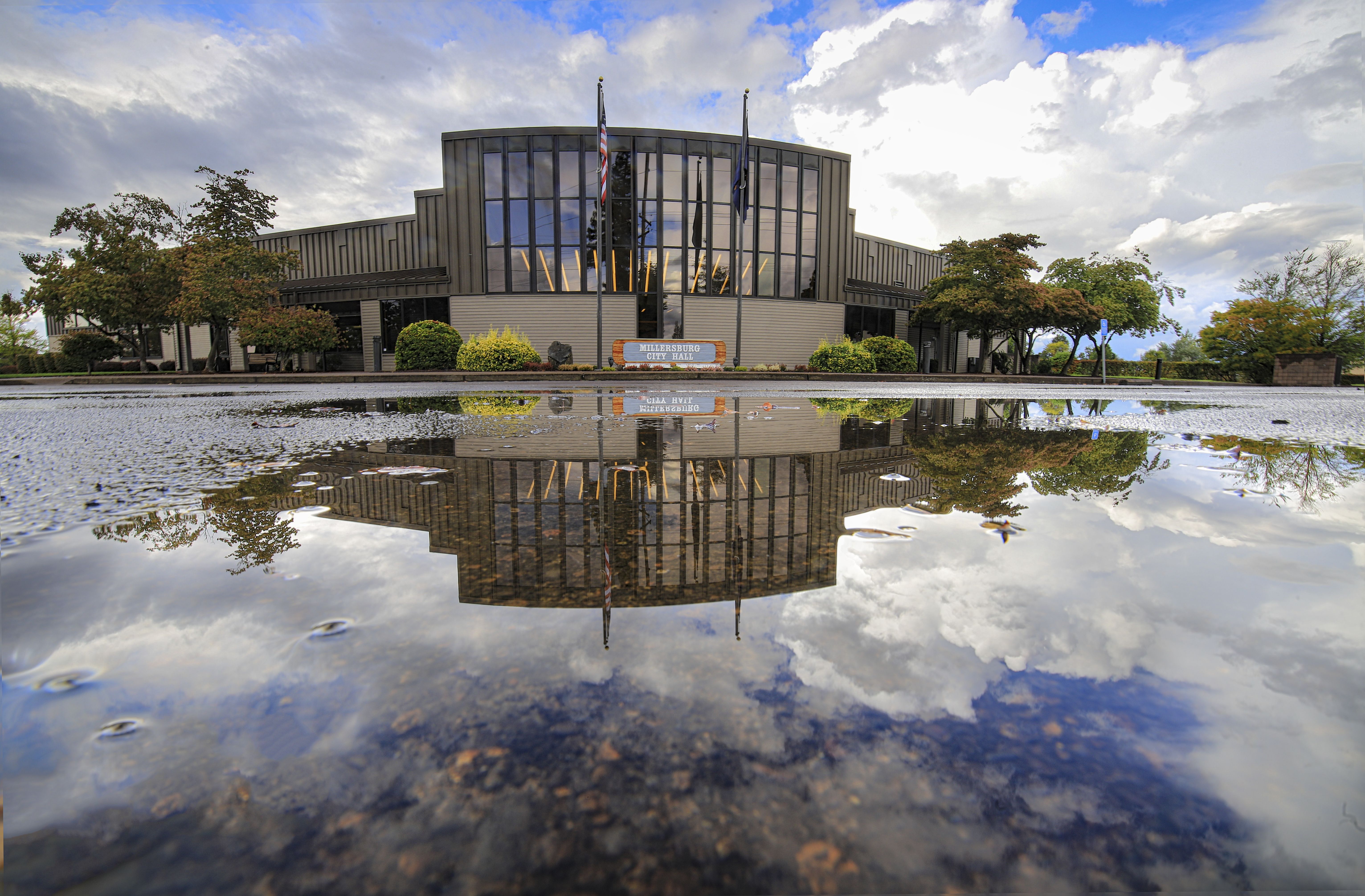|
Millersburg, Oregon
Millersburg is a city in Linn County, Oregon, United States. Millersburg originally was the name of a station on the Southern Pacific railroad line, which was named for a local farming family. The population was 1,329 at the 2010 census. History Millersburg came into being in 1974, to prevent the city of Albany from attempting to extend its city limits to include where Wah Chang Corporation operated a zirconium processing plant for the United States Bureau of Mines. Although now owned by Allegheny Technologies and until recently known as ATI Wah Chang, this processing plant is the city's largest employer. Millersburg's infamous stench of past years, often attributed to the Wah Chang facility, is actually generated by the nearby Weyerhaeuser wood products processing mill. This has lent support to various attempts to close both plants. In August 2008, Weyerhauser sold the mill to International Paper. International Paper then closed the mill at the end of 2009, laying off 27 ... [...More Info...] [...Related Items...] OR: [Wikipedia] [Google] [Baidu] |
City Hall Reflection
A city is a human settlement of notable size.Goodall, B. (1987) ''The Penguin Dictionary of Human Geography''. London: Penguin.Kuper, A. and Kuper, J., eds (1996) ''The Social Science Encyclopedia''. 2nd edition. London: Routledge. It can be defined as a permanent and densely settled place with administratively defined boundaries whose members work primarily on non-agricultural tasks. Cities generally have extensive systems for housing, transportation, sanitation, utilities, land use, production of goods, and communication. Their density facilitates interaction between people, government organisations and businesses, sometimes benefiting different parties in the process, such as improving efficiency of goods and service distribution. Historically, city-dwellers have been a small proportion of humanity overall, but following two centuries of unprecedented and rapid urbanization, more than half of the world population now lives in cities, which has had profound consequences for g ... [...More Info...] [...Related Items...] OR: [Wikipedia] [Google] [Baidu] |

